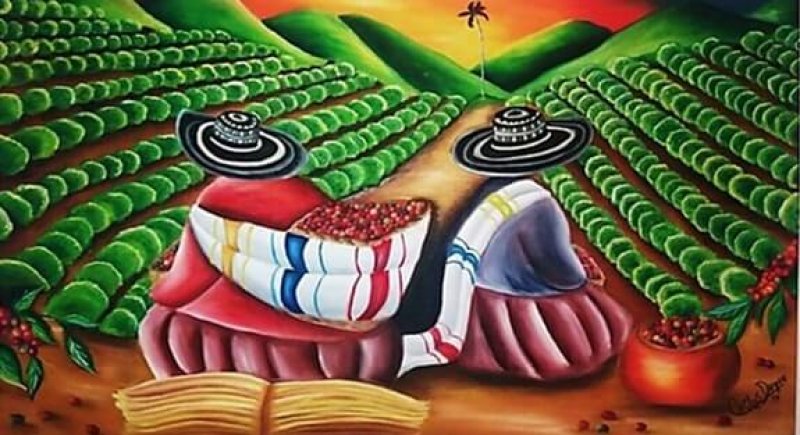Producing enough food to provide adequate nutrition for the growing global population without wrecking the planet in the process is one of the greatest challenges of our times. The global population is forecast to reach almost 10bn people by 2050 and already more than 811m people go to bed hungry.
Organic agriculture — which, among other practices, doesn’t use chemical inputs that are harmful to wild insect populations — might be good news for biodiversity. However, concerns over lower yields — and therefore the need to have more landmass under cultivation — have sparked debate over whether organic can deliver environmental gains while also producing enough food to feed the world.
…
In cereal crops, such as oats, wheat, barley and maize, the overall loss of yield is similar to the gain in biodiversity after a switch to organic farming. In particular, there is a significant increase in the number of plant and invertebrate species, whereas birds were less affected.
In contrast, in non-cereal crops, such as coffee and vegetables, switching to organic farming shows no significant yield loss but there is an increase in biodiversity.
This means certain types of produce can be organically farmed with no need for more land to achieve the same yield.































